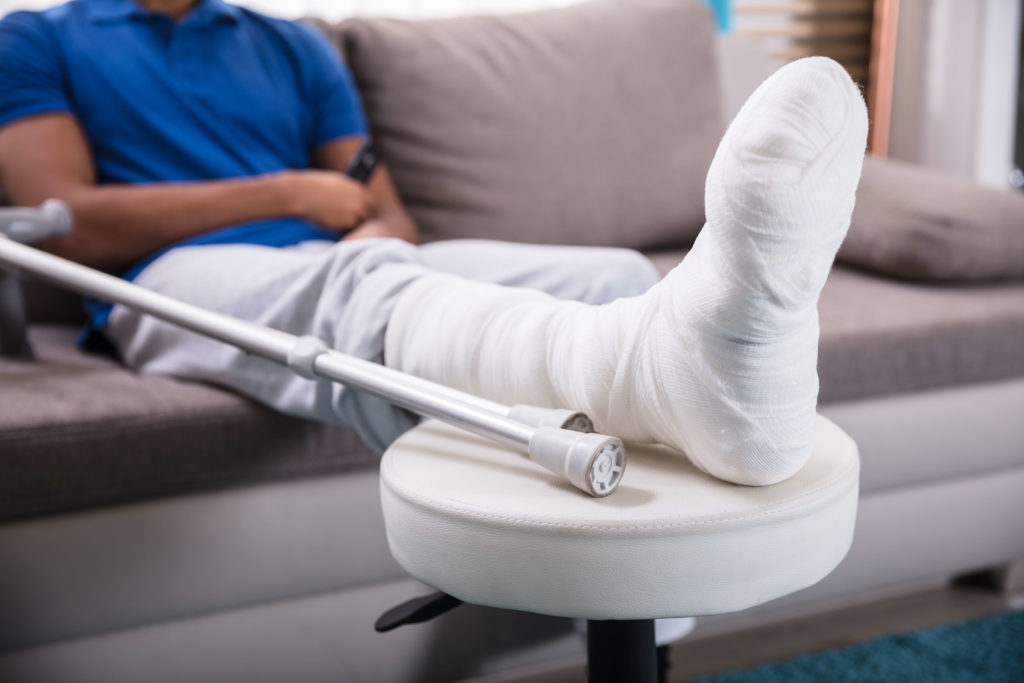Hire a Negligence Lawyer for Your Malpractice Case
What Is Negligence?
Negligence occurs when one person acts carelessly, which results in an injury to another person or damage to property. Negligence can be either a criminal or civil case, sometimes both.
This is one of the most common types of personal injury cases, and it involves a complicated process of a lawyer proving an individual acted without care, and that negligence resulted in injury or damage.
Negligence vs. Malpractice
Negligence is similar to malpractice because it is one of the critical components of malpractice. However, a key requirement differentiates the two.
In a medical negligence case, the defendant must prove a person acted carelessly with behavior that resulted in another’s injury or damage to property. In a malpractice case, one must prove not only negligence but also intent to breach the duty of care.
Medical malpractice cases are more serious and can lead to license revocation, but both case types may lead to hefty settlements for the victim. If you ever find yourself the victim of malpractice, contact a medical malpractice lawyer near you to fight for you in court.
Important Elements of a Negligence Case
Negligence cases become complicated because mistakes happen all the time. Sometimes, those mistakes can lead to injury or damage. A person does not necessarily act negligently if she or he makes a mistake.
The defendant must prove the plaintiff’s mistake resulted from negligence or carelessness. Learn more about the essential elements of a negligence case.
Duty
Duty is when the law recognizes that the defendant and plaintiff had a relationship in which the defendant had an obligation to act in a particular manner. The plaintiff must work within the standard of care, which is the way any similarly qualified practitioner would act. This is the plaintiff’s duty with all people who fall under his or her care.
The first step in proving negligence in a case is showing the plaintiff owed the defendant a duty. If the defendant cannot prove the existence of an owed duty, then it would not qualify as negligence.
Breach of Duty
Once the court establishes that the plaintiff and defendant have a relationship in which there is a duty owed to the plaintiff, the next step is proving a breach of duty. There was a breach of duty when the defendant did not practice reasonable or standard care for the plaintiff. The jury decides whether there exists a breach of duty.
Cause in Fact
Proving a breach of duty is not enough to win a negligence case. The plaintiff must also prove the breach of duty led to injuries or destruction of property. If there was a breach of duty but it did not cause an injury or damage, the plaintiff would not bear legal responsibility for negligence.
Proximate Cause
Proximate cause refers to the range of the defendant’s responsibility in a negligence case. For example, the plaintiff may have suffered injuries because of the defendant’s actions, but if those actions were outside of the defendant’s responsibility, there would not be a proximate cause. The plaintiff must prove the negligence happened within the scope of the defendant’s responsibility and show the incident was avoidable if the defendant had acted with more care.
Damages
The plaintiff’s final hurdle in a negligence case is proving actual damages that resulted from the defendant’s carelessness. The plaintiff must prove she or he received injuries or that personal property became damaged because of the defendant’s negligence. Proving damages also helps determine the amount of money the plaintiff receives in a settlement.
Why You Need to Hire a Negligence Lawyer
Negligence cases can award you the compensation you need and deserve, which is why you need to work with an experienced attorney to fight for you in court. Negligence is tough to prove, and the process for determining compensation is complicated. Working with a lawyer who specializes in negligence is essential.
Additionally, many personal injury lawyers receive payment in contingency fees. This means you only pay the lawyer if she or he wins your case.
The compensation amount usually includes the contingency fee, so you do not pay for the lawyer at all, no matter the outcome. You have no reason to forego hiring a lawyer to represent you during the negligence process.
Negligence Compensation
Expect complications and challenges during the process, but all your hard work may be worth it once you win the case and receive compensation. So, what can you receive compensation for when you win a negligence case? It depends on the details of your case, but you can expect compensation for the following:
- Medical treatment
- Repairing or replacing property
- Loss of wages (current and future)
- Pain and suffering
- Emotional distress
- Loss of consortium (the impact injuries have on a plaintiff’s relationship with a spouse)
- Loss of enjoyment in life
The compensation amount varies depending on the severity of damages the defendant experiences.
Work With an Experienced Local Lawyer
Are you a victim of negligence? Have you suffered from personal injuries because of that negligence?
If so, you deserve compensation for medical treatment, pain and suffering, current or future loss of wages, and/or property damage repair. You need to work with an experienced lawyer in your geographic location who understands these cases and can fight for you in court.
Do not leave your negligence case to chance. Submit a request online or call us today at (866) 345-6784 to get in touch with an experienced lawyer in your area!

